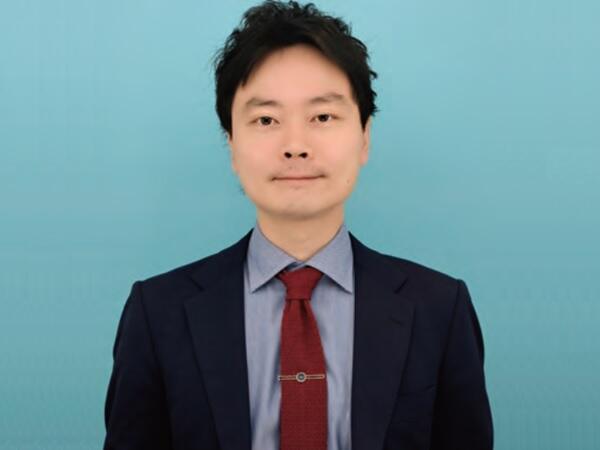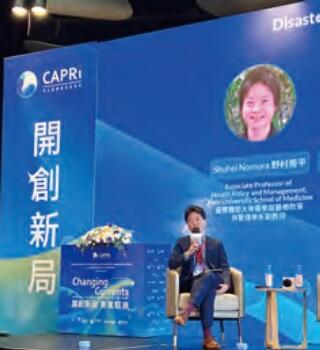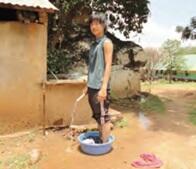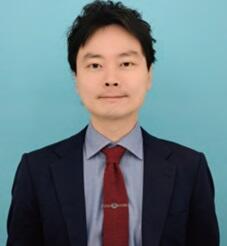
Associate Professor
Keio University Global Research Institute
Q1. Why did you choose your research field?
A1. Realizing the closeness between society and health issues
I majored in pharmacology at university. However, through experiments in the laboratory, I realized that my interests and concerns were suited to a broader field. Therefore, to broaden my horizons, I joined an overseas volunteer program. I worked at a volunteer facility in India created by Mother Teresa and at an international NGO helping people who had fled conflict in Kosovo, where I saw people suffering from disease and poverty. This experience made me realize that health is vital for society and that it is closely related to issues such as poverty and isolation. Hence, I became strongly interested in global health. This is a universal theme that transcends countries and cultures.
Governments have a great influence on the solutions for health problems. Highly transparent data are required as a basis for setting priorities for policymaking and formulating appropriate policies with limited financial and human resources. Therefore, our research is about providing evidence to back up global health policymaking from a data science perspective.

Q2. Please tell us about your current work
A2. Developing tools to visualize official development assistance (ODA) trends
Some time ago, I was part of an expert committee to revise Japan's global health strategy. What we found was that Japan did not really understand how its ODA was helping global health. We did not know how much was being invested in which areas or what percentage was Japan investing compared with other G7 countries. To provide data that form a basis for policy discussions, we developed an interactive analysis tool called "VODA." This tool visualizes ODA trends in various countries in an easy-to-understand manner.
We found that Japan's investment in global health was approximately 5% of its total ODA. This was less than the government had anticipated. Thus, our proposals included the goal of doubling investment in light of global trends. Presenting this kind of readily comparable data makes possible the creation of policies that are in line with the actual situation. Under the PRESTO program, we are researching disease burden to build a new health system. For example, we conducted surveys comparing the health damage owing to COVID-19 with other diseases. Moreover, we examined how the aftereffects impact society and the degree of the impacts. We provide data to guide future allocations of financial and other types of resources.

Q3. What is important to you?
A3. Thinking about what people want
Some research involves generating new ideas out of a spirit of inquiry. However, I focus on practical research for deciphering social trends from data and compiling results that can subsequently be used to inform policymaking. My research program is heavily influenced by current events. Hence, I need to be able to adapt the content of my research flexibly. I always think about "what we need in today's world." I find it rewarding to directly resolve social issues.
I would like future researchers to be aware of "what people outside the research community are looking for." Exploring what research is useful to society from a practical perspective is important. Furthermore, English language skills are important. In today's globalized world, you need sufficient language skills to communicate your ideas in English. I really encourage you to go abroad, at least once, to broaden your horizons.
(Text: Kayo Murakami)

Profile
Shuhei Nomura
Associate Professor, Keio University Global Research Institute
Shuhei Nomura was born in Kanagawa Prefecture. In 2019, he completed his doctoral studies in the Department of Epidemiology and Biostatistics at the School of Public Health, Imperial College London (PhD (Epidemiology and Biostatistics)). He serves as a consultant to the Bill & Melinda Gates Foundation's Japan Office and is a fellow of the Executive Committee on Global Health and Human Security. He has been in this position since 2024. Furthermore, he has been a PRESTO researcher since 2022.




